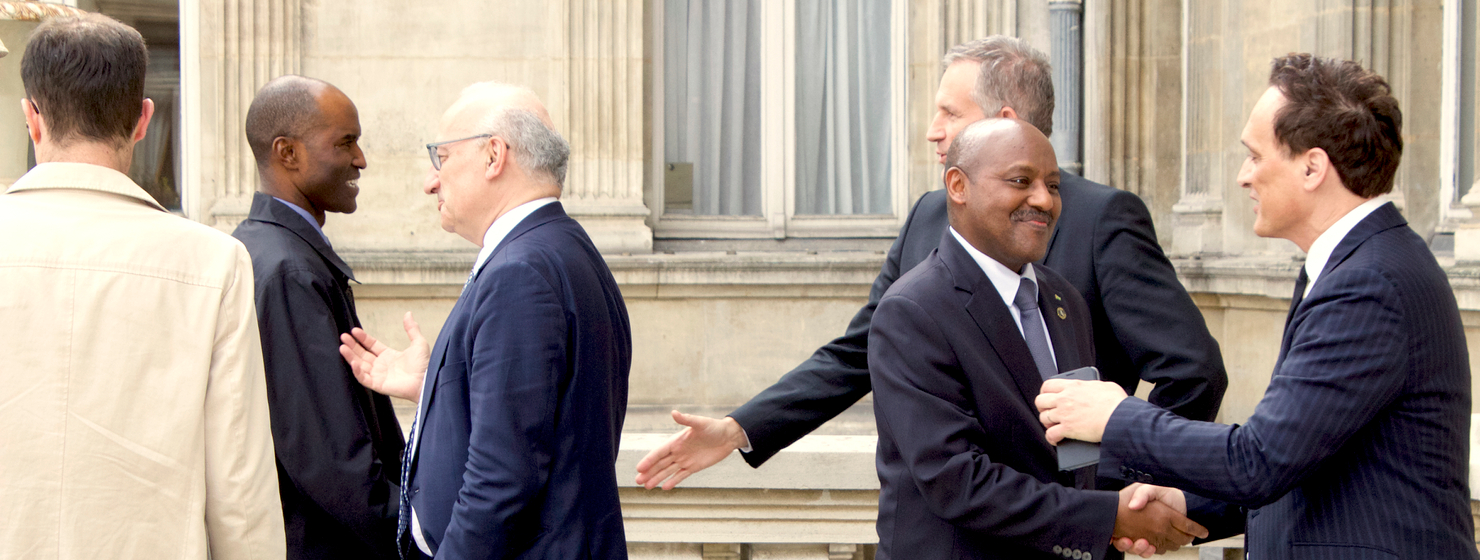After the first meeting in Lyon in February which enabled sherpas to discuss the key priorities of the French G7 Presidency, the sherpas from the seven countries and the EU met in Lille from 16 to 18 April to help prepare the Biarritz Summit.
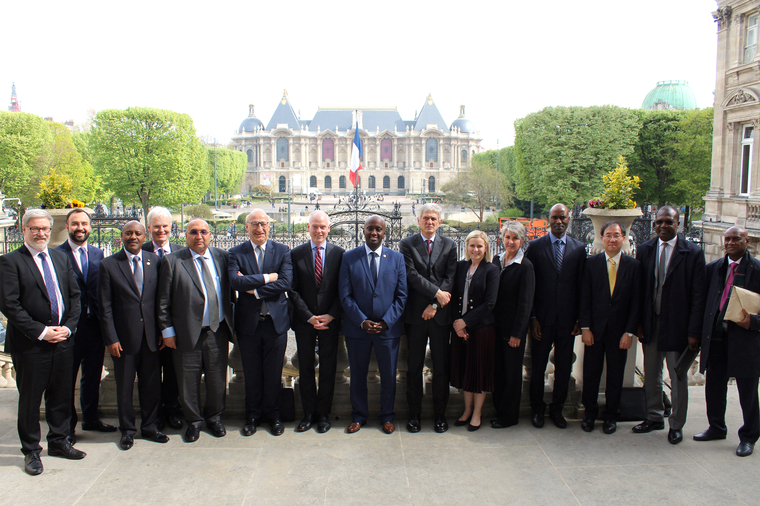
Why meet in Lille?
The fight against inequality is the guiding principle of the French G7 Presidency and this region, which was seriously affected by deindustrialization and the consequences of globalization, now symbolizes a successful reconversion. The sherpas held their working meetings at the Louvre-Lens Museum, a symbol of access to culture for all and successful strategies for transforming a disused mineshaft into a regenerated space. They also visited the CD2E, an excellence hub for eco-businesses located on an old mining basin in Loos-en-Gohelle.
Issues including protecting our planet, trade and digital technology were on the agenda for the discussions.
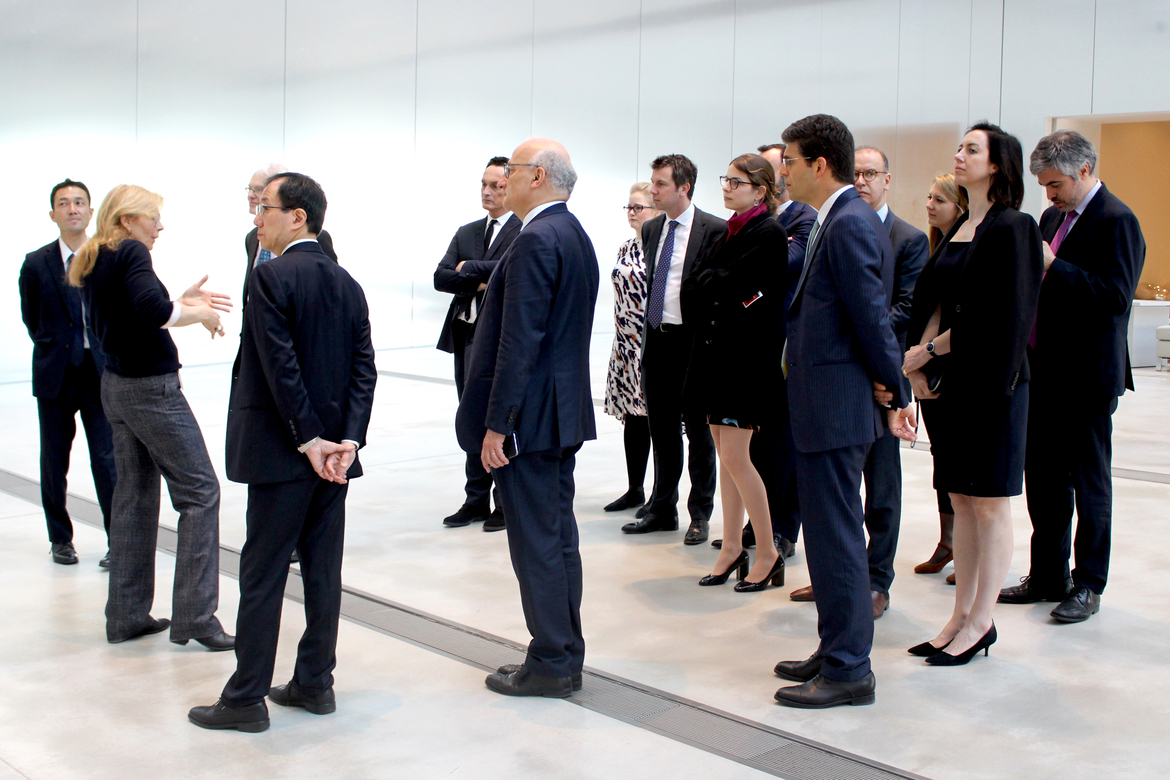
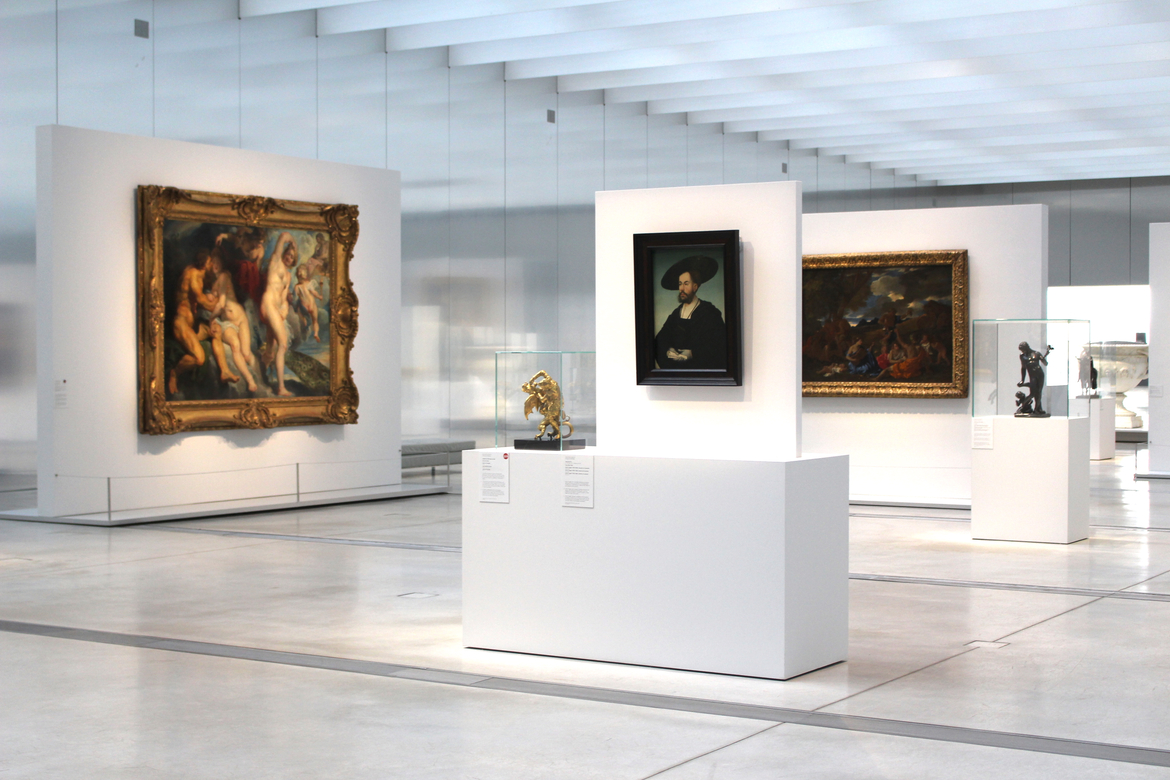

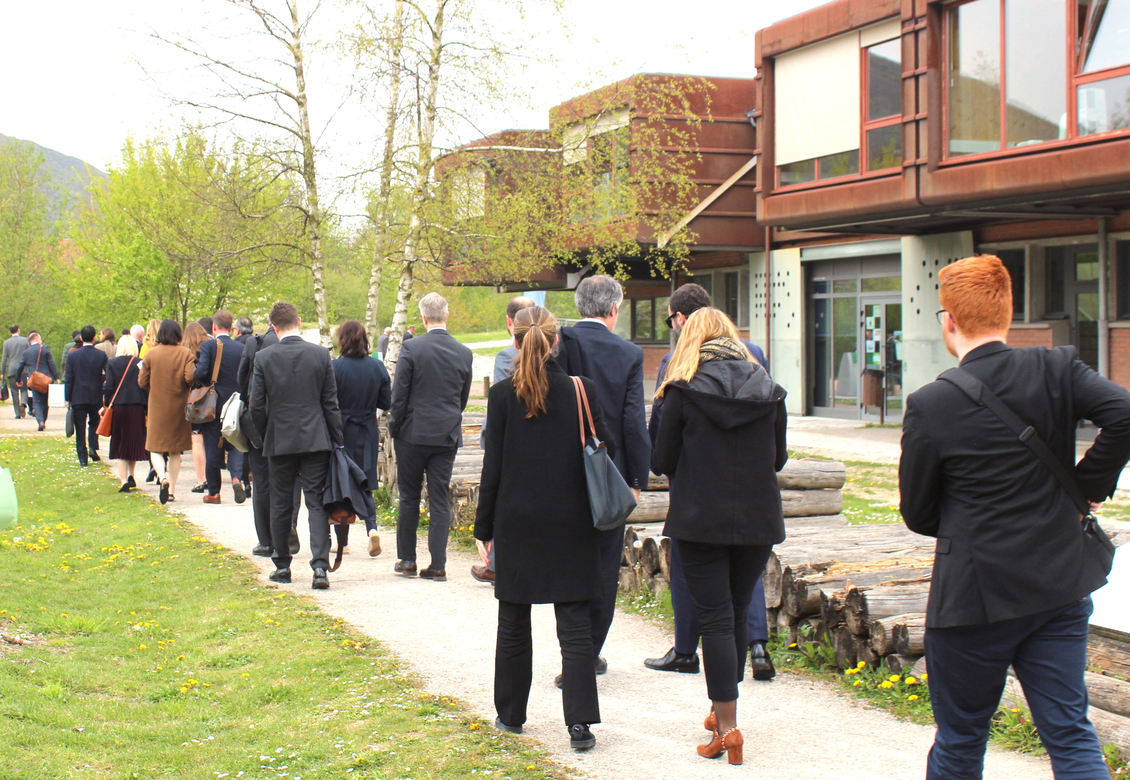
An unprecedented meeting
While partner countries are traditionally invited to a G7 summit for a “extended” sequence, this is the first time that representatives of the invited countries have been involved in advance in the concrete initiatives that will be taken to Biarritz.
Sherpas from several African countries and the African Union were closely involved in the work of this meeting. This updated format is part of the French President’s desire to establish a balanced relationship with Africa. The themes of digital transition, female entrepreneurship and security and development were at the heart of the discussions.
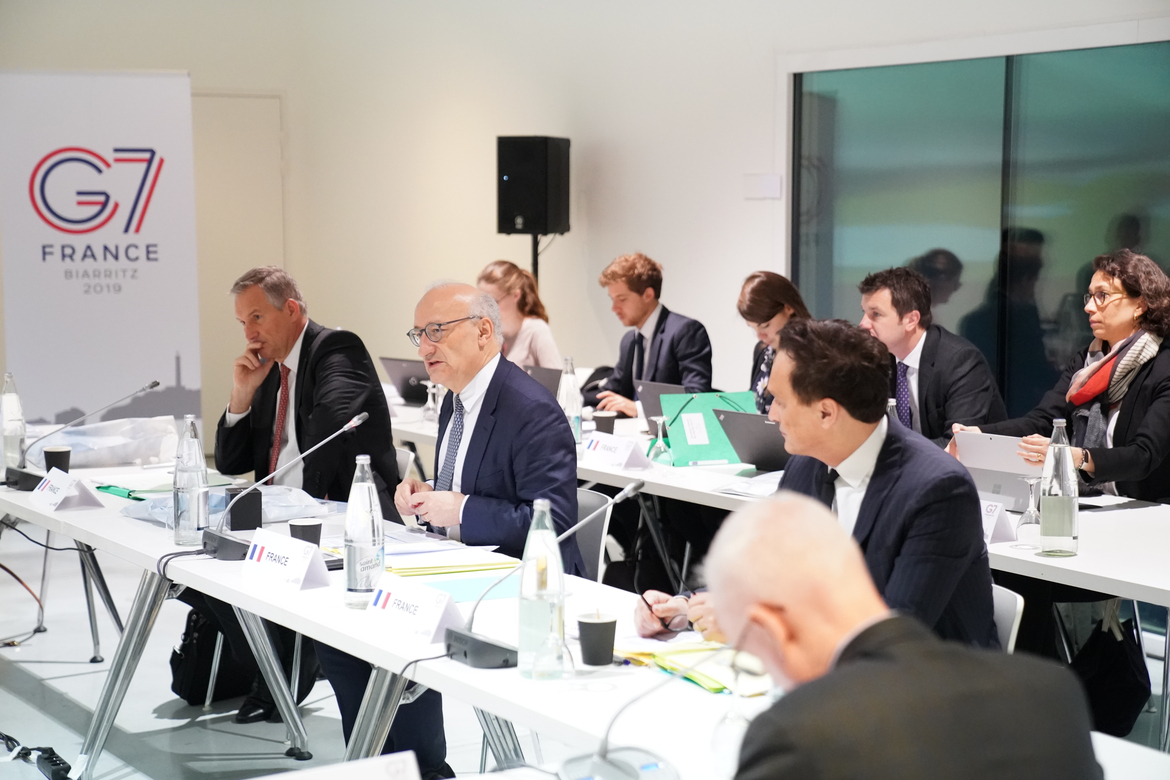
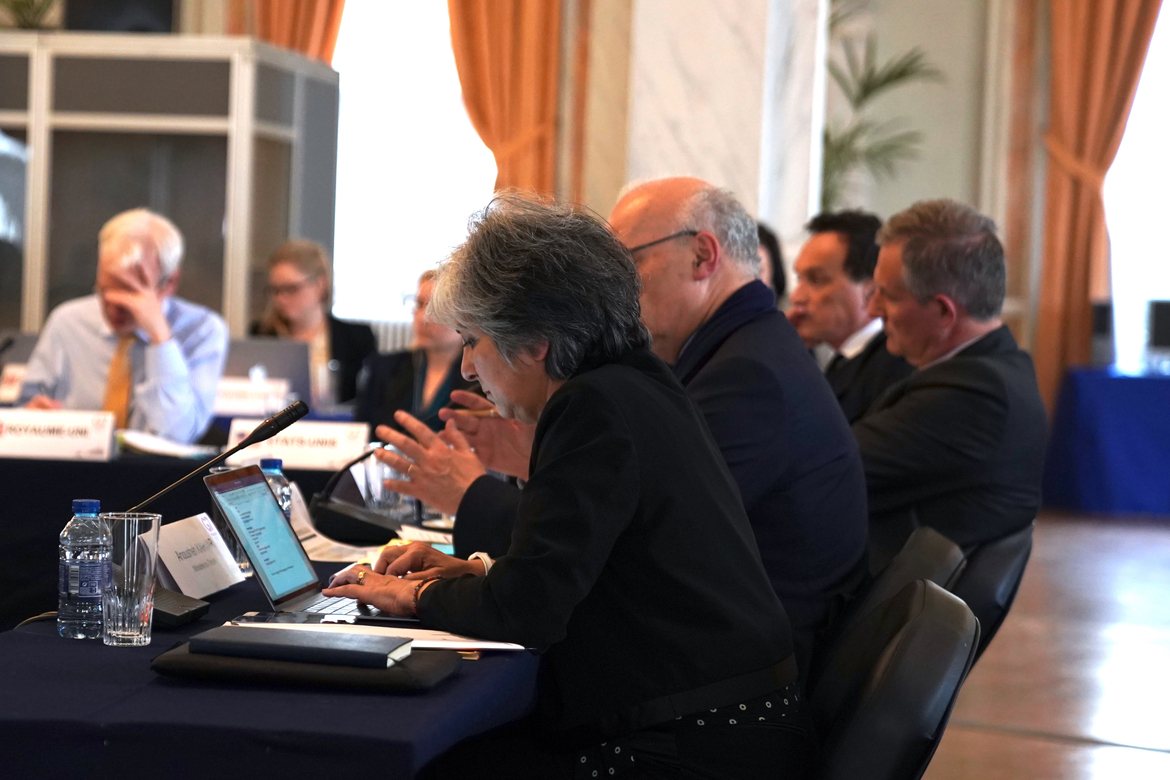
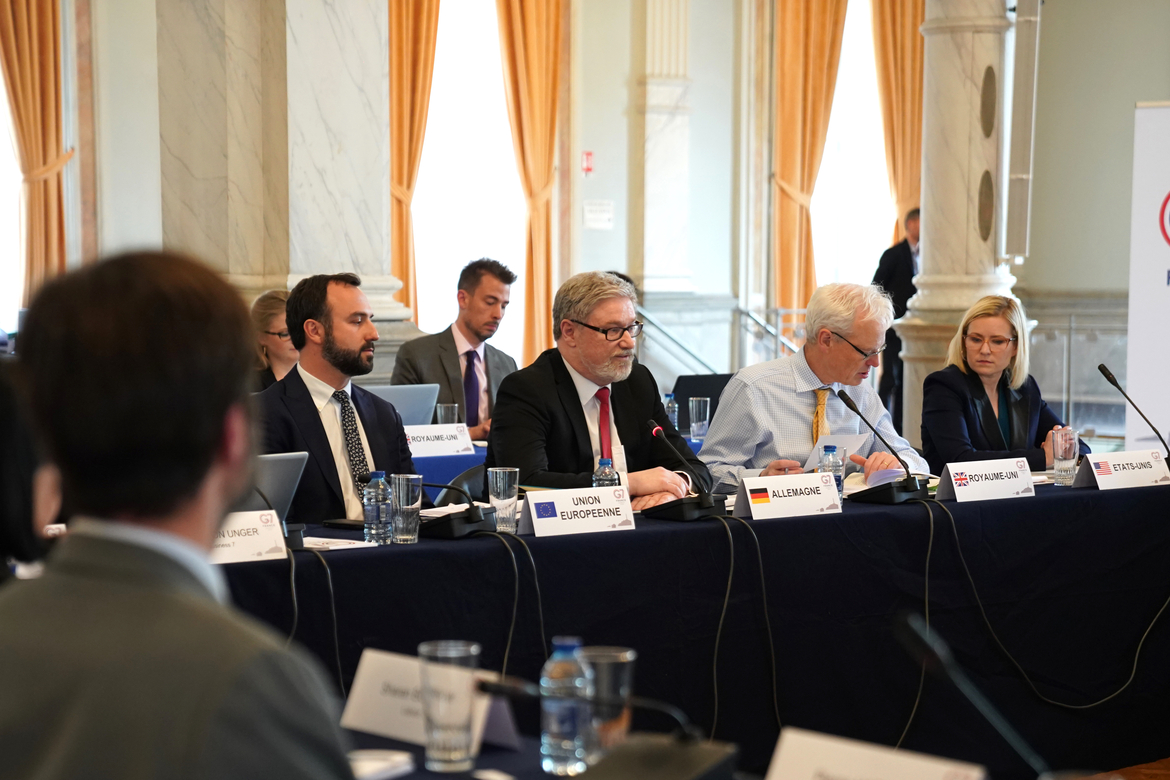
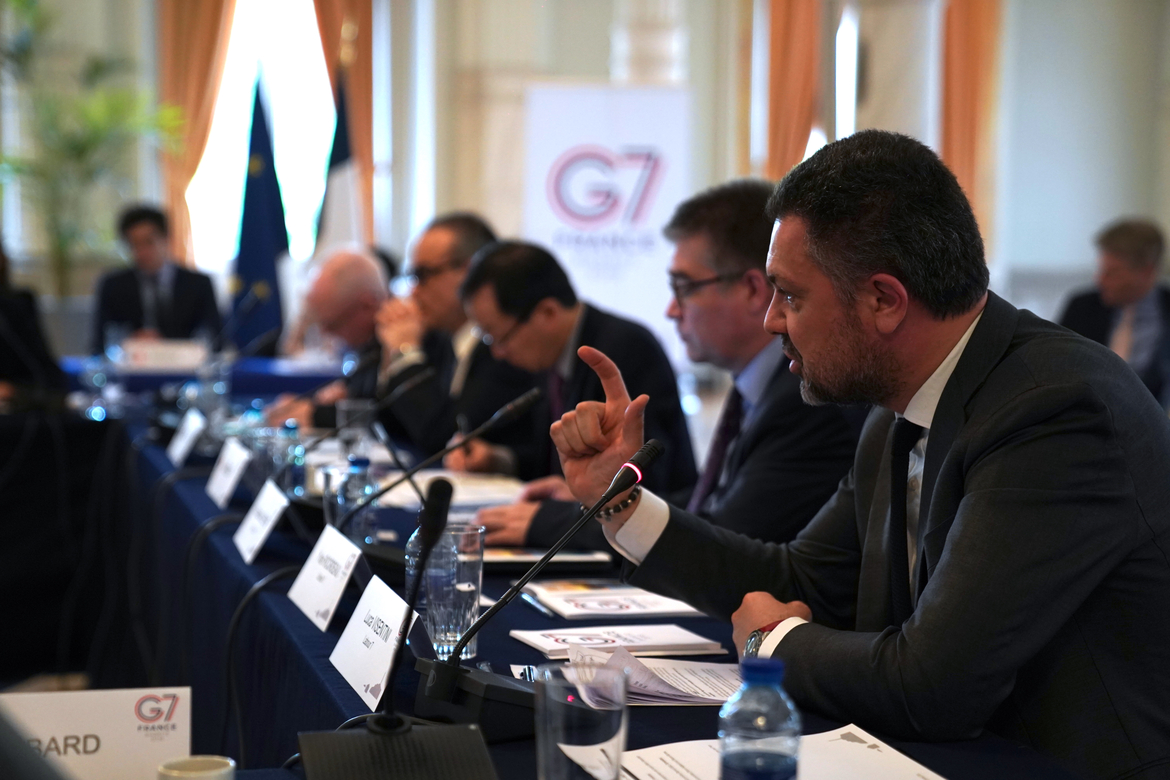
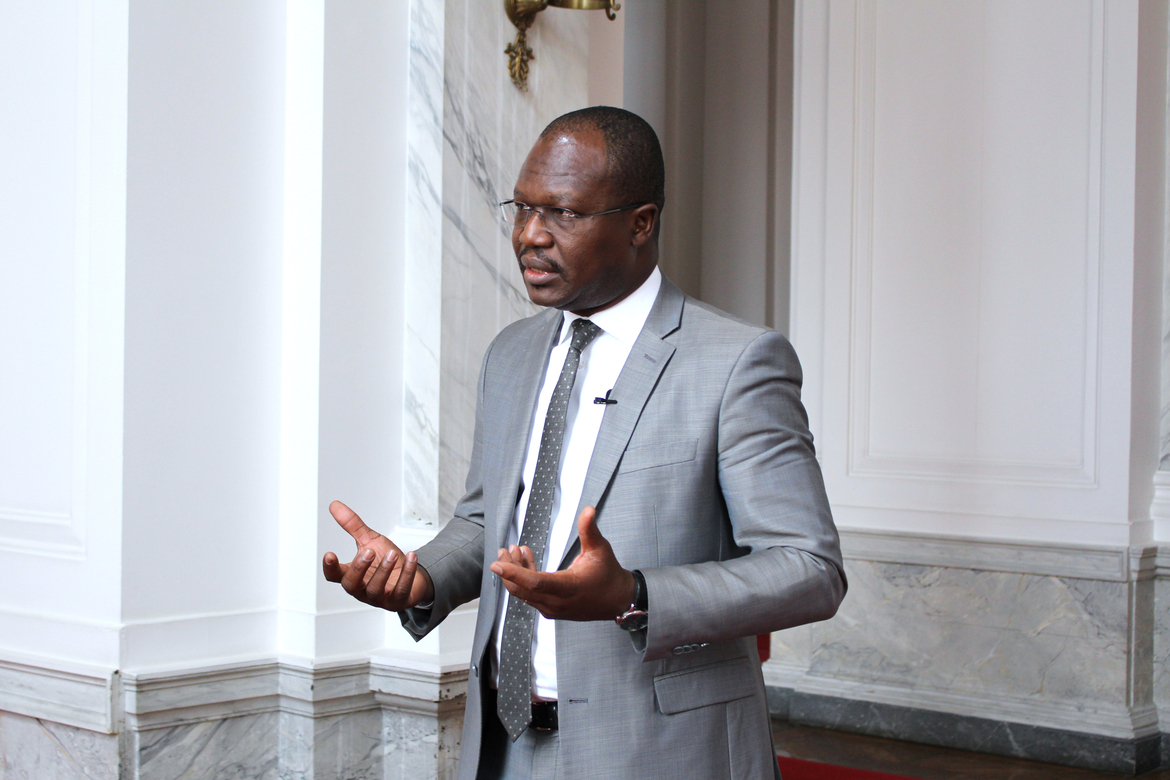
Opening up the G7’s work has also led to increased discussions with civil society. Following the Civil7 and Women7 engagement groups in Lyon and Science7 in Paris, the representatives of workers’ unions and business organizations (from the Labour7 and Business7) held discussions with the sherpas on fighting inequality in the world of work. They discussed the challenges and opportunities associated with the future of work, skills, digital technology, social security and issues surrounding lifelong learning.
Lastly, in order to fully involve young people in the G7 preparations, students from the ISCOM Lille media and communications school were invited to the working meetings to make photo reports.
